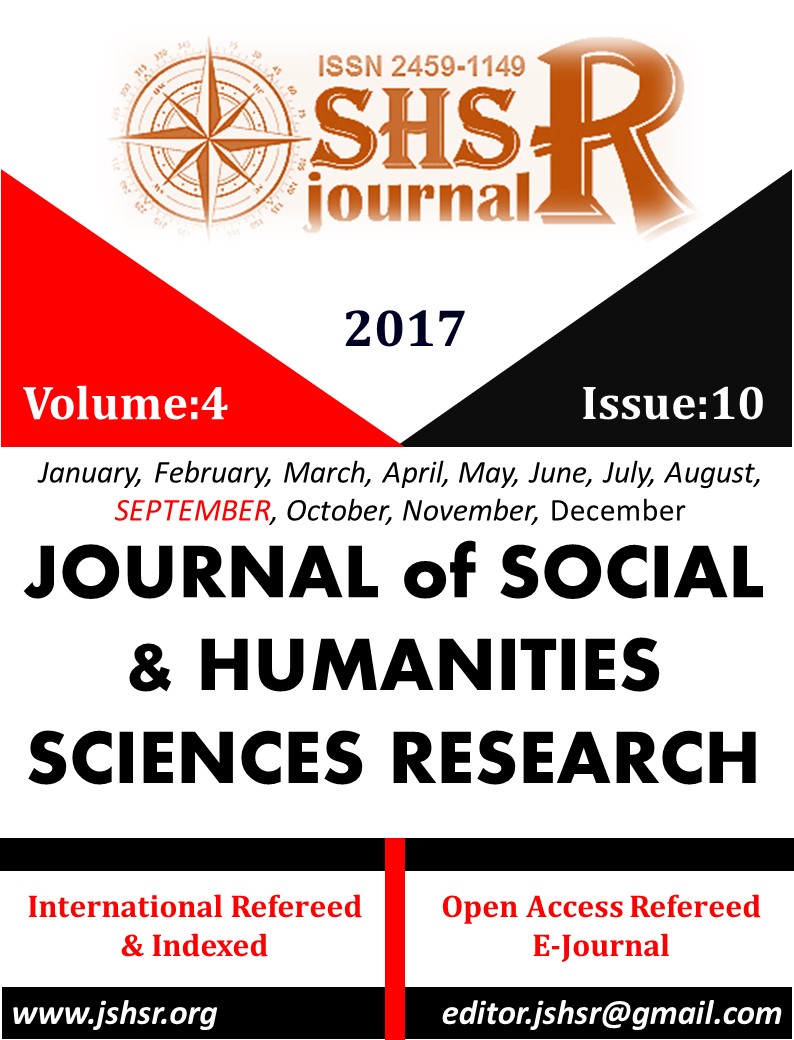PREVIOUSLY LONGERED ORIENT (MIDDLE EAST ISSUE)
DOI:
https://doi.org/10.26450/jshsr.60Keywords:
Oriental question, Middle East, Imperialism, Ottoman, GeopoliticalAbstract
The most widely accepted definition of the Middle East today is the Arab region (Syria, Saudi Arabia, United Arab Emirates, Lebanon, Jordan, Yemen, Oman, Iraq, Libya, Bahrain, Kuwait, Qatar, Egypt), which is obtained by the addition of Turkey, Iran and Israel. In other words, we can say that it is the heritage of the Ottoman Empire. The collapse of the Ottoman State after World War II created a huge void in the Middle East. Unfortunately, the war did not consider the balances in the Middle East. They have laid the foundations of new affairs by drawing artificial boundaries and today they are pushing this region into the still-stirring turbulence. While the actor states in the Middle East are defined as colonial states yesterday, today they operate in the region as imperialist states. The main factor underlying the actor states’ close attention to the region is economic interests. The actor states, which continue their activities in the region, have moved to the Babylonian Tower in the place where they are in the territory by acting with democracy rhetoric to reach their interests. The imperialist states, which have interests in the Middle East, the most complex region of the world, have begun to apply the policies they once applied in the Balkans to the Middle East. In this study, we will try to evaluate today’s Middle East phenomenon in the historical course.
Downloads
Published
How to Cite
Issue
Section
License
Copyright (c) 2017 INTERNATIONAL JOURNAL OF SOCIAL HUMANITIES SCIENCES RESEARCH

This work is licensed under a Creative Commons Attribution 4.0 International License.


